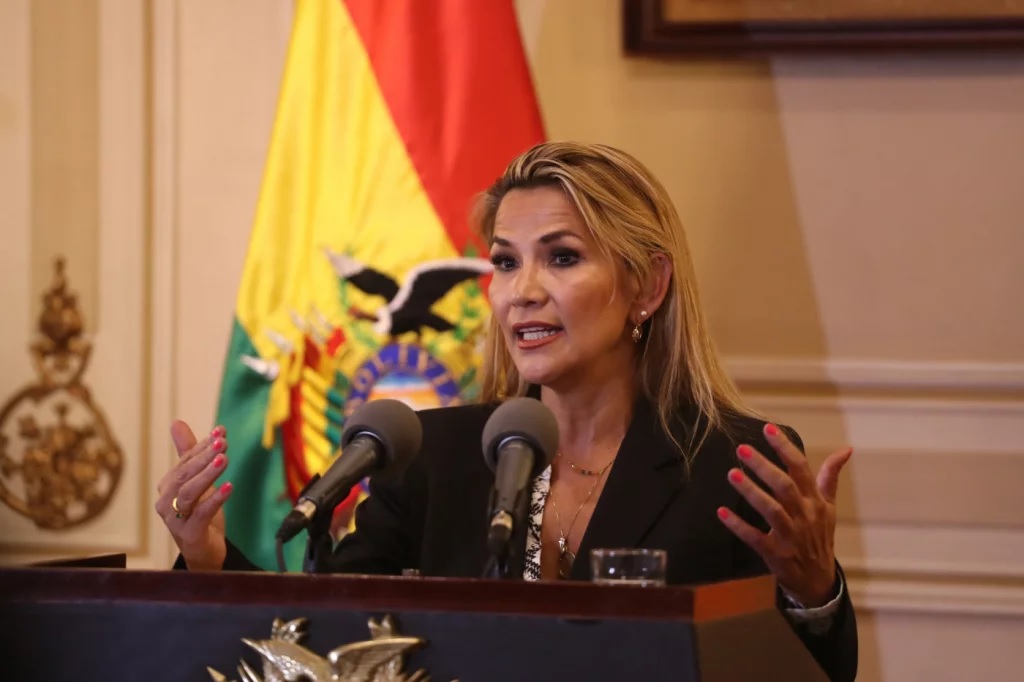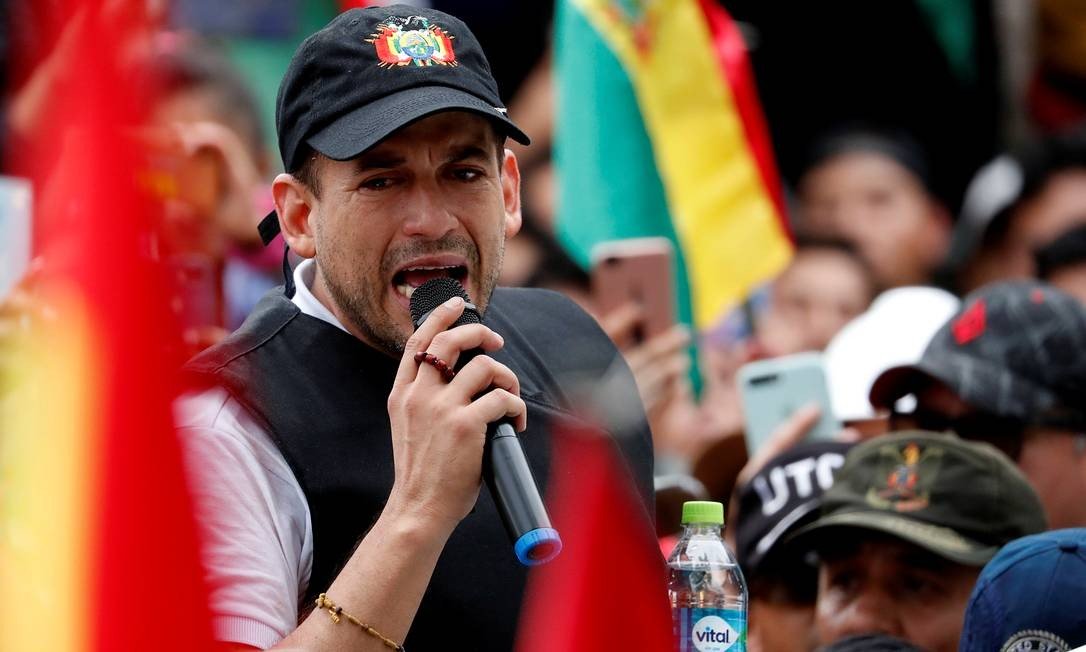RIO DE JANEIRO, BRAZIL – After months of the de-facto presidency of Jeanine Áñez, there is a growing perception within the political right-wing in Bolivia that she is abusing her position since she has officially enrolled as a presidential candidate for the May 3rd elections. Competing candidates such as the far-right Luis Fernando Camacho or the more moderate Carlos Mesa fear that Áñez will continue to use her current control over the presidential palace to her advantage.

Meanwhile, the United Nations Special Envoy to Bolivia, Jean Arnault, is concerned about the political persecution of members of the Movement for Socialism (MAS).
Arnault stated that it is crucial in the context of elections “that acts of political persecution, including the abuse of court proceedings, are not perpetrated”. Bolivians must “exercise their constitutional rights regardless of their political affiliation and be able to freely vote and be elected without abuse, intimidation or discrimination of any kind. The legitimacy of the electoral process will hinge on this,” Arnault continued.
The recent arrests of former ministers César Navarro and Damián Dorado and, in particular, Patricia Hermosa, the legal representative of ex-president Evo Morales, show that this is no longer the case. Hermosa was arrested last Friday when Morales was scheduled to be registered as a candidate for the parliamentary elections, which will also be held on May 3rd. She has now been placed in preventive detention for six months.
Nevertheless, Morales has now been registered as a candidate for Cochabamba in the Senate. Whether the candidacy will be legal, however, has yet to be confirmed by the Supreme Electoral Court (TSE) after reviewing the required documents submitted.
Morales is not the only prominent MAS politician who will run in the elections despite political persecution and with current residence abroad. In the city of Potosí, the former Foreign Minister, Diego Pary, will run for office. Adriana Salvatierra is also on the official election lists. She was President of the Senate until shortly after the coup followed by her resignation due to the threats she received.
Most recently, Wilfredo Chávez, another MAS legal representative and delegate, denounced political persecution by the de facto government. He claimed to have been harassed on Monday when attempting to register MAS candidates. He said on Twitter that they had tried to arrest him. The order to arrest him had been read by a friend of his with his own eyes, he added.
Meanwhile, the right-wing and Áñez continue their attempts to arrest Morales as soon as possible for several alleged crimes. Tomas Monasterio, a member of the “Democratic Party” (UD), submitted a request to the US embassy in Bolivia on Wednesday asking the US Drug Enforcement Agency (DEA) to launch an international investigation against Morales for drug trafficking.

Even among previous supporters of the coup government, concerns now seem to be growing that Áñez and her government are primarily pursuing their own interests. Candidates Camacho and Mesa believe they are at a disadvantage, now that they will have to compete alongside Áñez.
Camacho, who himself not long ago declared that he was not interested in the presidency but then changed his mind, announced through his campaign manager, Ronald MacLean, that he did not intend to take part in an economic policy meeting in Santa Cruz this week “in protest”. In doing so, he intended to signal his opposition to the “inequality” that existed between the candidates. He was referring to Áñez, who “abused her position” and could use “public money” for her upcoming election campaign.
Mesa, who was a almost ten percentage points behind Morales in October’s presidential election, according to the Organization of American States (OAS), said on Tuesday that the two candidates were almost identical. Áñez would “take the floor as president” and thus have a significant advantage over the other candidates.
On Monday, MAS formally registered its presidential ticket on the deadline. The Morales’ government Minister of Economy, Luis Arce, is running for president, and former Foreign Minister David Choquehuanca for vice-president.

